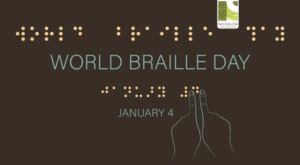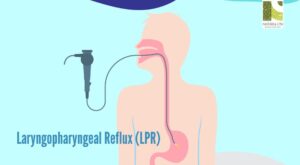When Memory Fades Too Soon: Alzheimer’s Disease in Young Women

When you hear “Alzheimer’s,” what comes to mind?
An elderly grandparent misplacing keys or forgetting names?
You’re not alone—but the truth is, Alzheimer’s isn’t just an old-age disease. It’s beginning to quietly affect younger people, especially women—and far too often, it goes unnoticed until it’s too late.
Early-Onset Alzheimer’s: A Silent Intruder
Early-onset Alzheimer’s disease (EOAD) refers to Alzheimer’s that occurs before the age of 65—and sometimes as early as your 30s or 40s. While it’s rare (accounting for about 5–10% of all Alzheimer’s cases), it’s alarmingly real.
And women? They’re more vulnerable.
Why Are Women at Greater Risk?
There’s growing evidence that biological and hormonal changes, particularly around menopause, may play a role in how Alzheimer’s affects women. Some key factors:
- Estrogen’s protective effect on the brain drops sharply during menopause.
- Women are more likely to experience autoimmune conditions and depression—both associated with dementia risk.
- Social stigma often causes symptoms like brain fog or forgetfulness to be dismissed as “just stress” or “hormones.”
Signs That Shouldn’t Be Ignored
Early signs of Alzheimer’s in young women are subtle—and often mistaken for burnout or anxiety.
Watch for:
- Frequently forgetting recent conversations or events
- Trouble concentrating or multitasking
- Getting lost in familiar places
- Struggling to find the right words
- Mood swings or personality changes
- Difficulty with planning or problem-solving
These are not just “mom brain” or “too much on your plate.” If these symptoms persist, it’s time to investigate.
The Genetic Link
About 1% of early-onset cases are inherited, caused by mutations in genes like APP, PSEN1, or PSEN2. If you have a family history of Alzheimer’s, especially in younger relatives, talk to your doctor about genetic counseling.
Did you know? In some families, early-onset Alzheimer’s can begin as early as the late 20s.
The Emotional Toll
Young women with early Alzheimer’s often face a unique kind of grief: losing themselves while still raising children, building careers, or caring for aging parents.
They may feel:
- Isolated, due to stigma
- Misunderstood by healthcare providers
- Uncertain about their future
Support groups, both in-person and online, are crucial lifelines.
What Can You Do?
1. Prioritize Brain Health Now
- Exercise regularly (cardio + strength)
- Eat a Mediterranean-style diet rich in antioxidants
- Stay socially connected
- Practice mental stimulation (learning, puzzles, languages)
2. Track Hormonal Health
Discuss perimenopause and hormone replacement therapy (HRT) options with your gynecologist, especially if you’re experiencing memory issues in your 40s.
3. Know Your Family History
Talk to older relatives and document patterns of memory loss, mental illness, or neurodegenerative disease.
4. Push for Proper Testing
If you notice symptoms, don’t settle for “you’re too young.” Ask for a full neuropsychological evaluation and, if necessary, brain imaging and lab tests.
Living with Early-Onset Alzheimer’s
If you or someone you love is diagnosed, it’s not the end—it’s the beginning of a new way of living:
- Connect with early-onset support networks
- Explore clinical trials
- Stay engaged with creative hobbies
- Build a care team: neurologist, therapist, dietitian
You’re Not Alone
Nellikka.life is here to amplify stories, share science, and build a circle of support for every woman. You deserve clarity, care, and compassion—no matter your age.
Let’s break the silence around young-onset Alzheimer’s. One conversation at a time.





